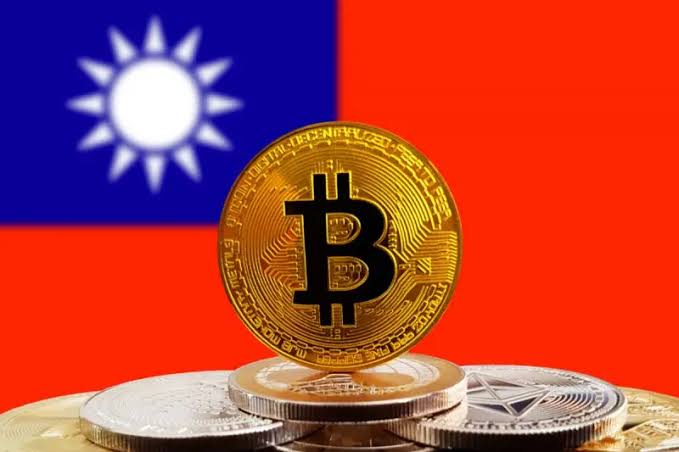
Taiwan’s Bold Step: Recognizing Bitcoin as Legal Tender
Taiwan recently intended to recognize Bitcoin (BTC) as a legal tender. This bold move, the first of its kind in Asia, will have a significant impact on the global crypto market and is sure to spark discussions regarding the future of digital currencies in the region.
Taiwan, renowned for its technological innovation and forward-thinking outlook, is making significant strides in crypto regulation.
On October 27, Taiwan’s legislative body formally proposed for discussion a draft crypto act. If this draft is passed into law, it could take effect as soon as next year, ushering in a new era of regulatory clarity for digital assets.
The proposed crypto act was approved in its first reading by the Yuan, Taiwan’s parliament. The new regulations address various issues, including money laundering and consumer protection concerns.
Customers who hold digital assets offshore will not have the same level of protection as those using domestic exchanges, as offshore exchanges do not need to adhere to Taiwan’s regulations.
It is anticipated that the Financial Supervisory Committee (FSC) will soon submit its version of the bill.
If the account is enacted, all crypto exchanges operating in Taiwan must apply for a license to trade digital assets.
If they fail to comply, government authorities may order them to cease operations.
The bill’s second reading is anticipated by the end of January 2024. In the interim, investing in cryptocurrencies in Taiwan remains legal.
The proposed legislation aims to make the use of digital assets more secure, transparent, and safe. Taiwan’s populace appears to be overwhelmingly supportive of these regulations.
The trend toward crypto regulation is a global phenomenon. Bitcoin adoption is on the rise, with the Central African Republic becoming the second country, after El Salvador, to make Bitcoin a legal tender.
This action is viewed as a strategy to attract investments and stimulate economic recovery in the nation.
Taiwan, renowned as a global semiconductor hub, is also actively exploring innovative identity solutions projects.
Recent conversations with IOTA have highlighted Taiwan’s efforts to improve the security and protection of its citizens. IOTA’s decentralized identity solutions have dominated these discussions.
Taiwan’s eagerness to adopt technological advances and regulatory frameworks aligned with the global shift toward digital assets is evident.
Taiwan positions itself as a leader in the ever-evolving landscape of digital finance and technology as it continues to modify its stance on crypto and collaborate with leading blockchain projects.
The Crypto Act of Taiwan could serve as a model for other nations seeking to balance innovation and regulation in the cryptocurrency sector.





